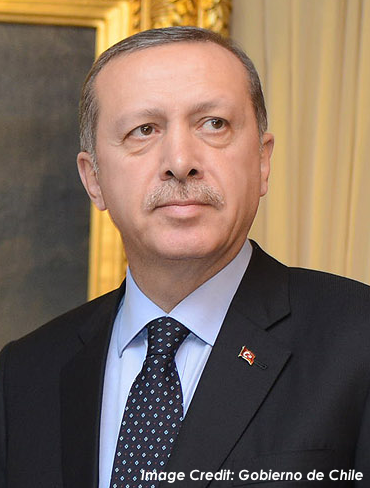Update May 15, 2015: The coup has failed.
A military coup attempt is in progress after weeks of demonstrations against the president’s unconstitutional re-election bid for a third term and against his violent security forces or youth paramilitaries. BBC Africa covered the blow-by-blow events of the day on its live feed.
President Pierre Nkurunziza was in Tanzania for a regional leaders meeting when General Godefroid Niyombare — a former intelligence chief fired in February for advising the president against seeking a third term — took to the airwaves to announce he was closing the airport and borders to keep the president from returning and would be taking power. Protesters began leaving the streets, after initial celebrations alongside the supportive troops, on the orders of pro-coup forces who began arriving in tanks and armored vehicles. Police fell back.
President Nkurunziza’s team said its loyal security forces remained in control of key government and broadcast functions as well as the presidential palace. They dubbed the coup attempt a failure:
“It is with regret that we have learned that a group of soldiers rebelled this morning and made a fake declaration about a coup. The Presidency of the Republic wants the public opinion both in Burundi and abroad to know that this coup attempt has been stopped and that the people who read that statement on private local radio are being sought by the defence and security forces so that they are brought to justice. The Presidency of the Republic is asking the people of Burundi as well as foreigners to keep calm. Everything is being done to maintain security across the national territory.”
However, I fear we might be looking at a South Sudan situation in Burundi. The coup attempt may only partially succeed but it will likely not completely fail either (given the large presence of participating tanks and troops already). The military is multi-ethnic and comprises multiple factions from the country’s civil war. Some of them will back the president, some will back the coup, and some will back neither. It will also likely be a more violent split than in Lesotho last summer. And it will certainly not be as clean a break as the Burkina Faso military coup last October, which also involved an unconstitutional re-election bid.
As another complication, Nkurunziza had indeed been elected democratically but was now attempting to violate the constitution and has been widely accused of deploying death squads against his political enemies. Thus the coup is (if successful) removing a democratic leader but one who had become about as undemocratic as possible over the course of his tenure.

Flag of Burundi




 In March, I noted that as part of Erdogan’s increasingly
In March, I noted that as part of Erdogan’s increasingly 